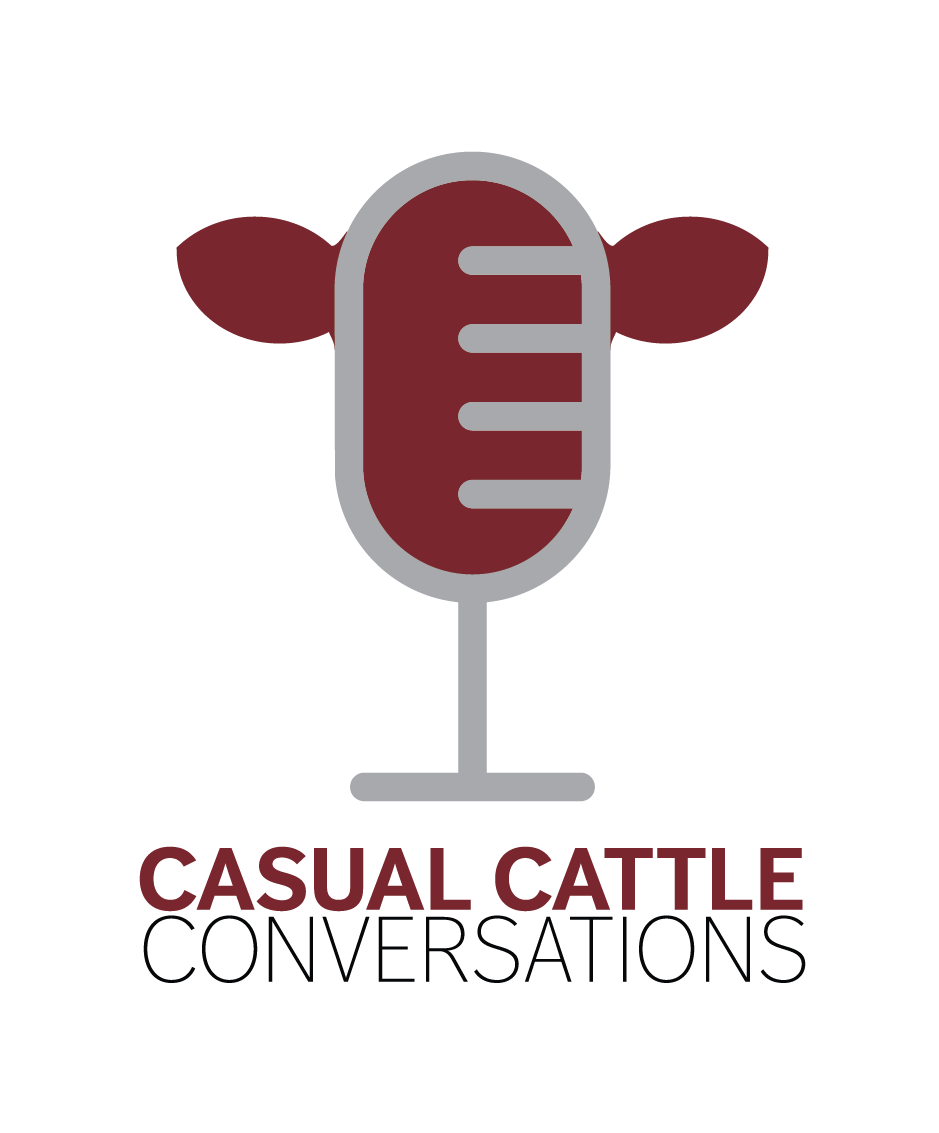A Customized Approach to Herd Health with MedGene
When we are asked about the technology used on cattle operations, it’s easy to start thinking about software, apps, computers, GPS and other equipment features. We live in an age of computers and forget that even the vaccines we use in our herd health protocols are examples of technology. While we get caught up in the advancements being made with computers, the advancements in the animal health space are equally as impressive. Gary Bosch, DVM, Executive Vice President with MedGene Labs, shared how platform vaccines are impacting livestock and livestock producers in Season 7, Episode 12 of the Casual Cattle Conversations podcast.
Prescription platform vaccines are a new class of vaccines that allow veterinarians and cattle producers to target specific vaccine strains within geographical regions more accurately than commercial vaccines. “The idea behind this vaccine originally came from a need and desire to protect against foreign animal diseases, but it quickly became apparent how useful it would be in other areas,” said Bosch. Platform vaccines are growing in popularity in both the swine and cattle industries.
One advantage of implementing platform vaccines in a herd health protocol is their ability to target modern strains of viruses. “Many cattle producers use a Corona vaccine to protect against calf scours. A lot of those vaccines were made over 20 years ago and the viruses have changed. MedGene finds the modern virus strain and uses those genes to create a USDA approved vaccine that has a greater chance of protecting cattle for that specific disease,” said Bosch. Additionally, platform vaccines can be created and distributed faster than traditional vaccines. “If you need to create a new commercial vaccine, it takes around 5 years and significant amounts of money. With platform vaccines all we need to do is switch out the gene insert and we can distribute these vaccines to veterinarians in a matter of months,” said Bosch. Platform vaccines also allow producers to target additional viruses for respiratory diseases and warts that currently aren’t available with commercial vaccines.
The process of creating these vaccines involves a veterinarian collecting samples and MedGene inserting the gene sequence into a baculovirus which serves as a harmless host to replicate the specific virus so that it can be turned into a vaccine. “The reason we have a shorter turnaround time for creating vaccines lies in our process. We don’t need the whole virus to create a vaccine. We only need a short piece of genetic material to insert into the baculovirus. Our initial license did take us 5 years to obtain, but now we can simply swap the genetic material in the baculovirus to create updated vaccines,” said Bosch. Once the vaccine is created, veterinarians can distribute it to clients in their region who would benefit from this specific technology.
Bosch encourages cattle producers to be proactive and make sure your herd health protocol is up-to-date. “In a lot of cases, the old saying if it ain’t broke don’t fix it is how we work. The problem is we don’t know when it is going to break and how bad it will be when it does break. I encourage cattle producers to do more herd surveillance and send samples in for diagnostics when cattle are sick to determine exactly what strains are present in the herd and if their current vaccines will protect against them,” said Bosch. It’s faster and easier than ever before to run diagnostics and get results back with PCR technology.
As you take the time to evaluate your own herd health protocol reach out to your veterinarian for advice and ask other cattlemen in your area what is and isn’t working for them. Optimal herd health is a combination of having good relationships with both your veterinarian and nutritionist and running diagnostics on your herd.

